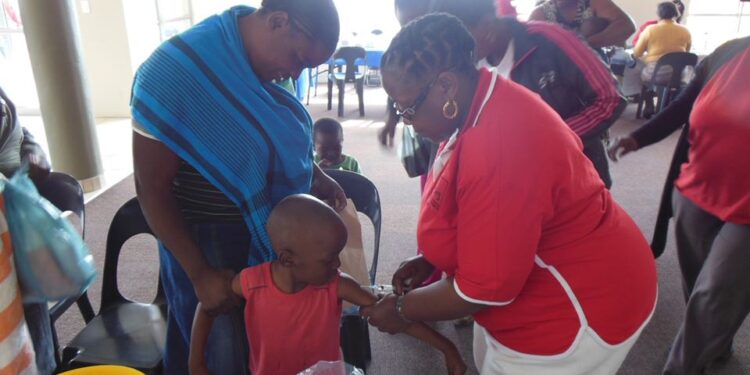Mpox is an infectious disease caused by the orthopoxvirus known as the monkeypox virus (MPXV). It was initially identified in 1958 in cynomolgus monkeys (Macaca fascicularis) used for research purposes.
Since 2022, mpox cases have been documented in over 110 countries, predominantly in regions where the disease was previously not reported and where zoonotic transmission is absent. The global emergence of mpox encompassed cases documented in South Africa in 2022, 2024, and the initial months of 2025.
The evolutionary pressure from continuous human-to-human transmission has led to the emergence of new variants of MPXV, specifically Clade Ib and Clade IIb. The former originated from an MPXV outbreak in the Democratic Republic of the Congo, while the latter stemmed from the MPXV outbreak in Nigeria.
The latest opinion piece featured in the Public Health Bulletin of South Africa (PHBSA) discusses reverse zoonoses, wherein viruses are transmitted from infected humans to animals, such as rodents, non-human primates, and domestic species, potentially initiating new transmission pathways.
The opinion piece references cases from France, the United States, and the United Kingdom and provides recommendations for outbreak management.
Dr Jacqueline Weyer, one of the authors of the article “The risk of zooanthroponosis of mpox in South Africa,” explains how the study came about and her role in it.
What is this article about?
The article discusses the potential for reverse zoonotic transmission of mpox (monkeypox virus, MPXV)—specifically, the possibility of infected humans transmitting the virus to animals, especially domestic pets like cats and dogs, in South Africa.
Why does this matter?
This matters for several public health, ecological, and epidemiological reasons. Firstly, reducing the risk of potentially seeding new animal reservoirs for the mpox virus. The latter may allow for new evolutionary pathways for the virus and create more complex outbreak situations to manage in the future. In short, ignoring the possibility of human-to-animal transmission could lead to mpox becoming a persistent, global, multi-species threat – far harder to contain than the current situation. Proactive management now is crucial to prevent long-term consequences.
What drew your interest in this area of research?
Mpox is a newly emerging disease associated with a global outbreak since 2022 and posing new and unique public health challenges.
What was your role in the article?
I assisted in developing the concept of the article, informed the content and assisted in producing the final draft for submission.
Why should people read this article?
This article provides an update on current knowledge of the zoonotic and reverse zoonotic aspects of the mpox virus. It also highlights the substantial gaps in current knowledge on this disease, particularly as it pertains to the risk of possible reverse zoonoses and motivates for more research on the topic and a precautionary approach for possible reverse zoonoses as part of the public health response to confirmed human cases of mpox.
What impact do you hope this article will have on public health policy and access to healthcare?
The article may inform public health policy to include a precautionary approach to possible reverse zoonosis of the mpox virus and to employ measures to prevent the latter rather than having to deal with a new problem if such transmissions were to occur. The article may serve to promote the study of this unexplored research question.
Dr Jacqueline Weyer is the Head of the Centre for Emerging Zoonotic Parasitic Diseases at the National Institute for Communicable Diseases.










